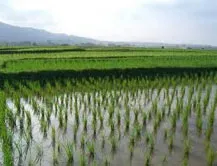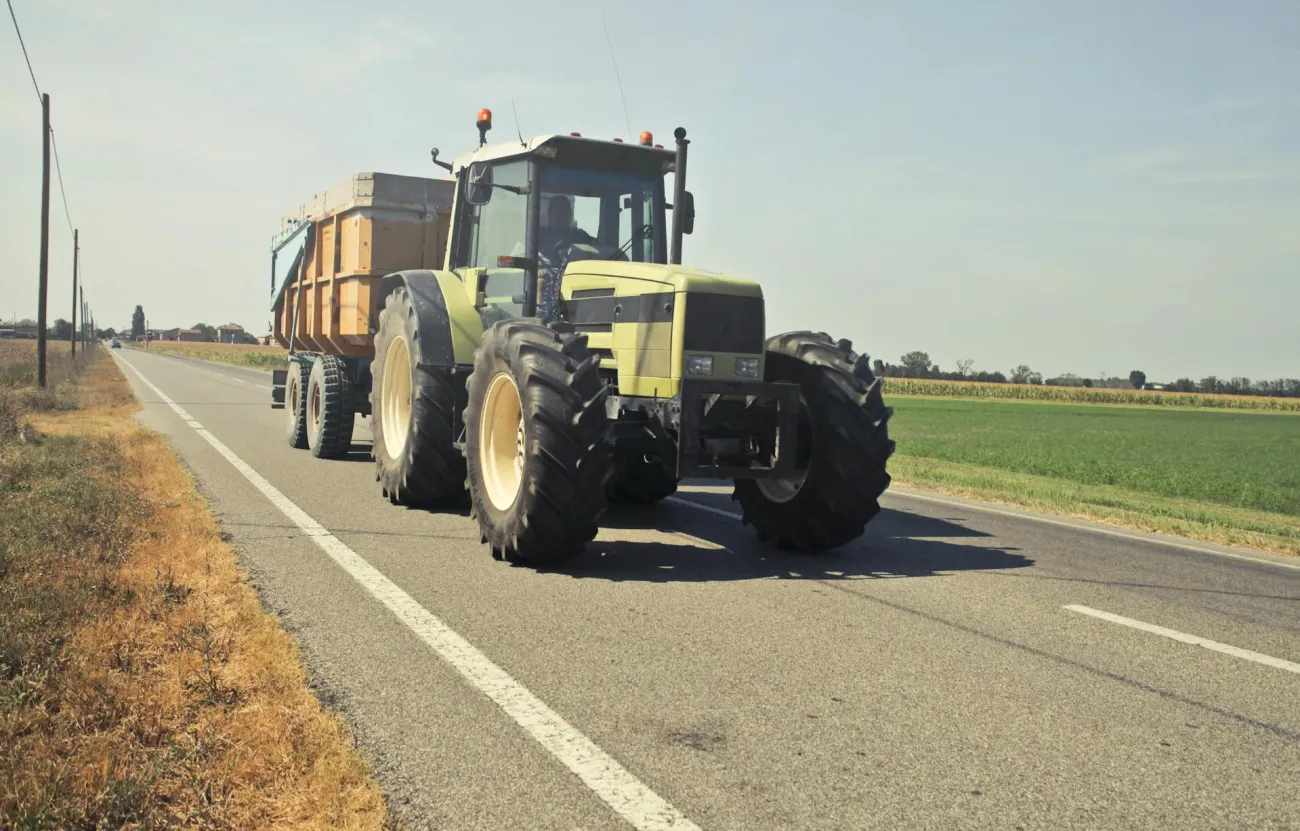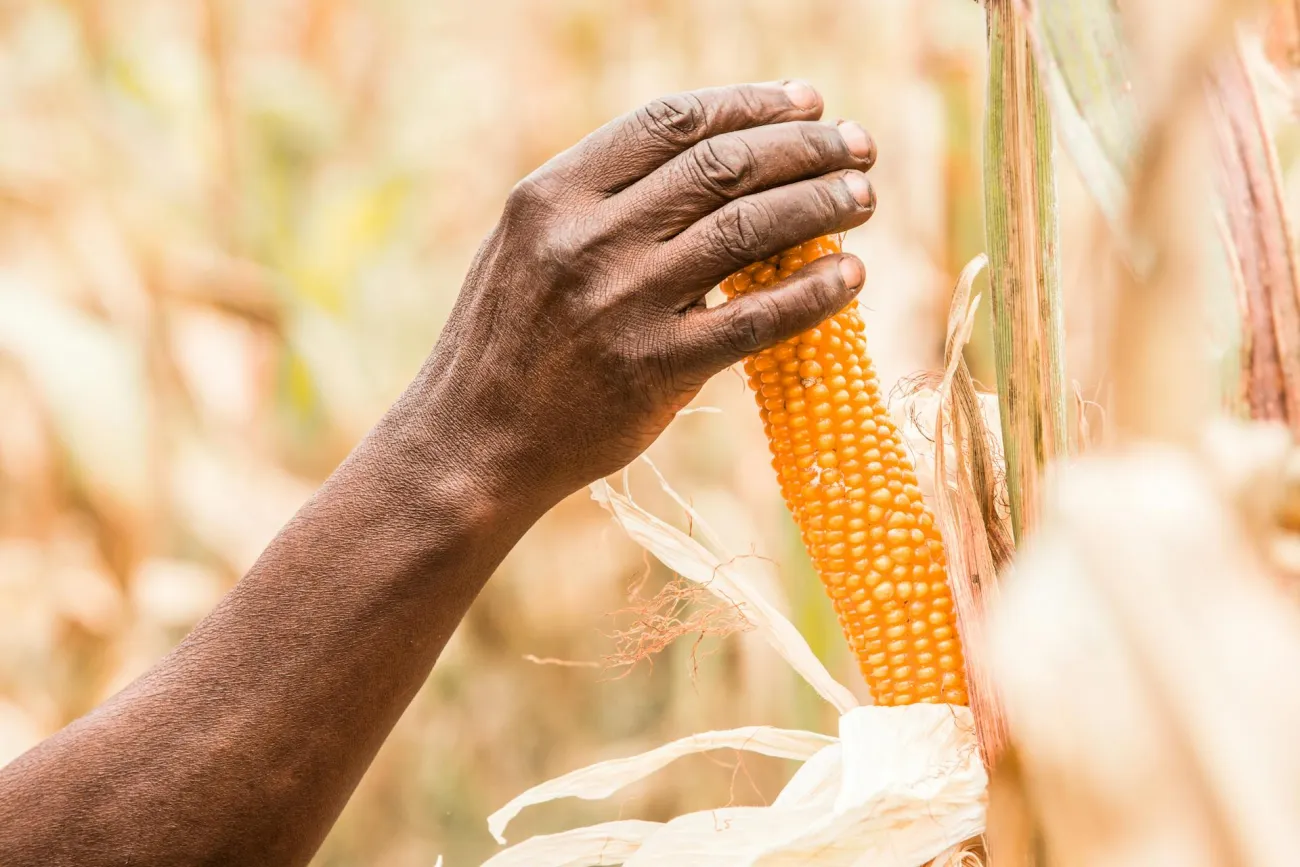A paper in Nature Climate Change finds that more carbon dioxide in the atmosphere and rising temperatures cause rice agriculture to release more of the potent greenhouse gas methane (CH4) for each kilogram of rice it produces.

Abstract:
Increased atmospheric CO2 and rising temperatures are expected to affect rice yields and greenhouse-gas (GHG) emissions from rice paddies. This is important, because rice cultivation is one of the largest human-induced sources of the potent GHG methane (CH4) and rice is the world’s second-most produced staple crop. The need for meeting a growing global food demand argues for assessing GHG emissions from croplands on the basis of yield rather than land area, such that efforts to reduce GHG emissions take into consideration the consequences for food production. However, it is unclear whether or how the GHG intensity (that is, yield-scaled GHG emissions) of cropping systems will be affected by future atmospheric conditions. Here we show, using meta-analysis, that increased atmospheric CO2 (ranging from 550 to 743 ppmV) and warming (ranging from +0.8 °C to +6 °C) both increase the GHG intensity of rice cultivation. Increased atmospheric CO2 increased GHG intensity by 31.4%, because CH4 emissions are stimulated more than rice yields. Warming increased GHG intensity by 11.8% per 1 °C, largely owing to a decrease in yield. This analysis suggests that rising CO2 and warming will approximately double the GHG intensity of rice production by the end of the twenty-first century, stressing the need for management practices that optimize rice production while reducing its GHG intensity as the climate continues to change.
Citation as follows:
van Groenigen, K.J., van Kessel, C., Hungate, B.A. (2012). Increased greenhouse-gas intensity of rice production under future atmospheric conditions. Nature Climate Change, Vol. 2, Issue 11. http://dx.doi.org/10.1038/nclimate1712.
For the article, click here (subscription required).




Comments (0)